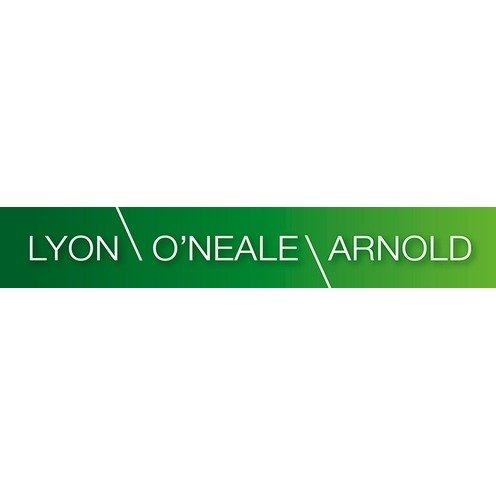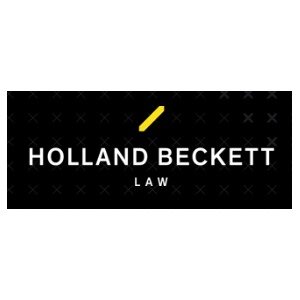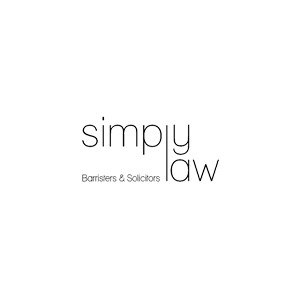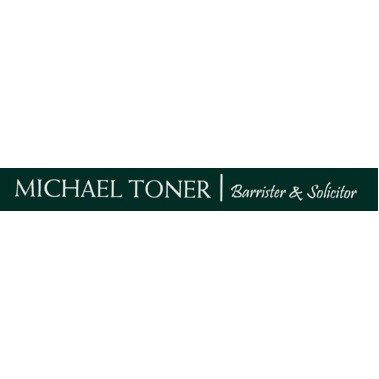Best Housing, Construction & Development Lawyers in Tauranga
Share your needs with us, get contacted by law firms.
Free. Takes 2 min.
Free Guide to Hiring a Real Estate Lawyer
List of the best lawyers in Tauranga, New Zealand
About Housing, Construction & Development Law in Tauranga, New Zealand
Tauranga, situated in the Bay of Plenty region in New Zealand, is experiencing rapid growth in the housing, construction and property development sector. The laws governing this sector in Tauranga are not just limited to the Building Act 2004, but also include numerous local regulations, ordinances, and zoning policies. These laws regulate every aspect of the process, from land acquisition to property sales, ensuring safety standards are met, resource consents are followed and that environmental impact is mitigated.
Why You May Need a Lawyer
Several complex legal situations can arise in the field of housing, construction & development. You might require a lawyer when purchasing or selling property, applying for building consents, if facing a dispute over property boundaries, or dealing with residential tenancy issues. Professionals in the construction industry often need legal guidance for drafting and reviewing contracts, resolving construction disputes, and ensuring full compliance with safety and building regulations.
Local Laws Overview
The key legalities in Tauranga encompass requirements under the Building Act 2004, which sets the performance standards all New Zealand buildings must comply with. It also includes the Resource Management Act 1991, which controls how New Zealand's natural and physical resources are managed. Tauranga City Council also has specific district plans that control land use and subdivision in the area. There are specific laws governing residential tenancies and laws controlling property transactions and real estate agents.
Frequently Asked Questions
What is the process to obtain a building consent in Tauranga?
Building consent in Tauranga requires submission of a detailed application to the Tauranga City Council. The application should include plans, specifications, and other necessary information. The council reviews this application for compliance with the Building Code before issuing the consent.
What is a resource consent and when is it needed?
A resource consent is a permission from the council to carry out activities that may affect the environment, or activities that are not permitted 'as of right' in the district or a regional plan. It may be required for aspects like subdivision, land use, coastal permits, discharge permits, etc.
How can one resolve a property boundary dispute?
Boundary disputes are often resolved through mediation or negotiation between the parties involved. If it cannot be settled, it may require a determination by the courts or by the Land Registry under the Cadastral Survey Act 2002.
What rights do tenants have in Tauranga?
Tenants in Tauranga have rights under the Residential Tenancies Act 1986, which includes the right to a safe and healthy home, the right to peace, comfort, and privacy in the premises, and the right to dispute resolution by the Tenancy Tribunal.
How is the sale and purchase of property regulated?
The Sale and Purchase of property in Tauranga is regulated by the Real Estate Agents Act 2008, which sets out the obligations of agents, branch managers, and salespersons. The Contract and Commercial law Act 2017 also lays out specific rights and responsibilities for contractual arrangements including sale and purchase agreements.
Additional Resources
Valuable resources include the New Zealand Legislation website that provides free access to up-to-date versions of New Zealand Statutes, the Tauranga City Council website for local policies and consent processes, and the Tenancy Services website for information on landlord and tenant rights and responsibilities. The Property Law Section of the New Zealand Law Society and the Building Research Association of New Zealand (BRANZ) can provide further industry-specific guidance.
Next Steps
If you need legal assistance, the first step is to find a lawyer or legal firm specializing in housing, construction, and development law. Compile a list of any relevant legal questions or concerns in preparation for your meeting. Also gather and organize all relevant documents, such as contracts, agreements, or notices, to provide a clear understanding of your situation.
Lawzana helps you find the best lawyers and law firms in Tauranga through a curated and pre-screened list of qualified legal professionals. Our platform offers rankings and detailed profiles of attorneys and law firms, allowing you to compare based on practice areas, including Housing, Construction & Development, experience, and client feedback.
Each profile includes a description of the firm's areas of practice, client reviews, team members and partners, year of establishment, spoken languages, office locations, contact information, social media presence, and any published articles or resources. Most firms on our platform speak English and are experienced in both local and international legal matters.
Get a quote from top-rated law firms in Tauranga, New Zealand — quickly, securely, and without unnecessary hassle.
Disclaimer:
The information provided on this page is for general informational purposes only and does not constitute legal advice. While we strive to ensure the accuracy and relevance of the content, legal information may change over time, and interpretations of the law can vary. You should always consult with a qualified legal professional for advice specific to your situation.
We disclaim all liability for actions taken or not taken based on the content of this page. If you believe any information is incorrect or outdated, please contact us, and we will review and update it where appropriate.

















